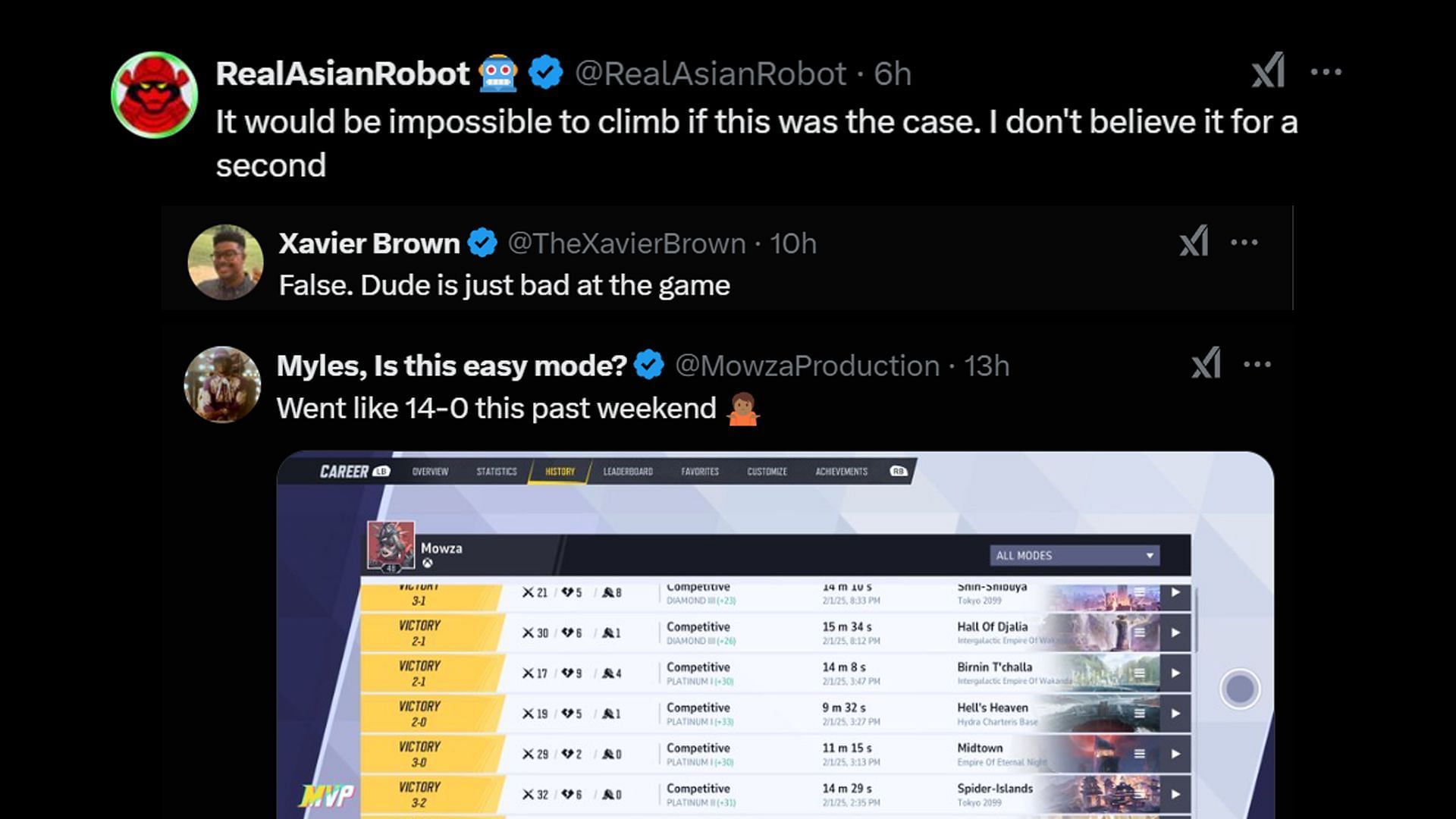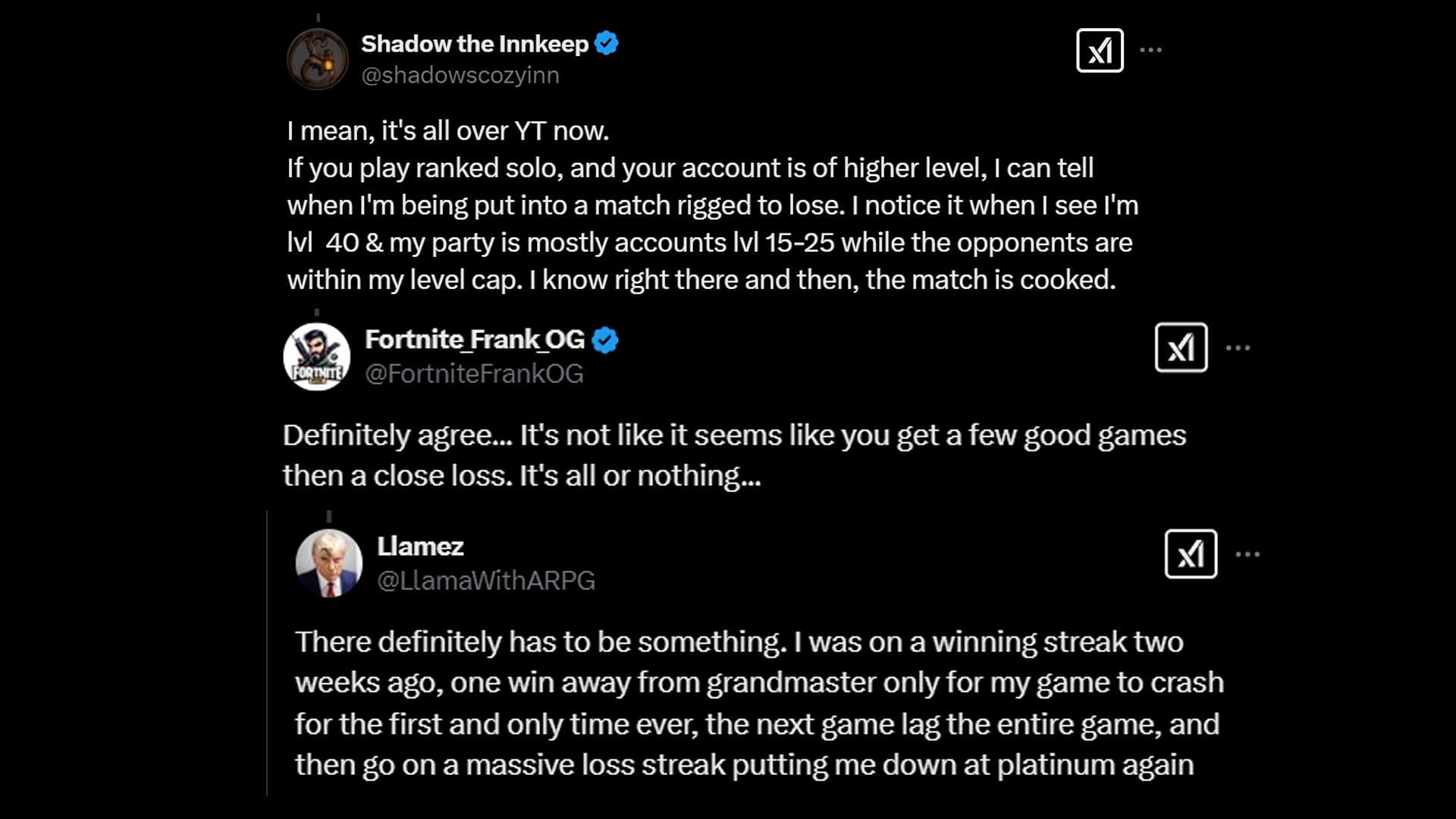Is the thrill of victory in "Marvel Rivals" truly earned, or is something more insidious at play? The matchmaking system, a seemingly innocuous gatekeeper, is under fire, accused of manipulating matches to maximize player engagement, even at the expense of fair play. This isn't just a matter of bad luck; it's a debate about the very integrity of the gaming experience.
The online gaming community, a digital landscape where triumph and frustration intertwine, has a new battleground: the matchmaking system within "Marvel Rivals." Developed by NetEase Games, the game has quickly garnered attention, not just for its dynamic gameplay and iconic characters, but also for the controversial allegations surrounding its matchmaking. The whispers began subtly, then grew into a roar of accusations: is "Marvel Rivals" using "Engagement Optimized Matchmaking" (EOMM) to subtly manipulate player experiences? Is the pursuit of player retention taking precedence over competitive fairness? The very foundations of fair play are under scrutiny, and the truth, as always, lies somewhere in the intricate code and the player experiences themselves.
At the heart of the controversy lies the concept of EOMM. Unlike traditional Skill-Based Matchmaking (SBMM), which primarily aims to pair players of similar skill levels, EOMM takes things a step further. It factors in player engagement, aiming to keep players playing for longer periods, potentially by manipulating match outcomes, rewarding streaks, and even subtly influencing who you're matched with. This approach, while potentially beneficial for a game's longevity, raises a crucial question: at what cost? Does the pursuit of engagement sacrifice the core values of competition and fair play?
- Michael Thomas Latest News Stats Free Agency Updates
- Discover Todd Bryants Journey From Star Trek To Beyond
To understand the depths of this controversy, lets delve into the specifics of the issue. "Marvel Rivals" is a game that, at first glance, appears to offer a classic competitive gaming experience. However, the system behind the scenes may be subtly influencing players experiences in order to maximise their time in the game.
According to Netease games published research, the system behind "Marvel Rivals" may potentially employ an EOMM system.
Here's a breakdown of some of the common allegations against "Marvel Rivals" matchmaking system, as echoed throughout the gaming community:
- Discover Psychic Medium Dani Jo Intuitive Healer Mentor More
- Riley Finch News Career More Whats Trending
- Win/Loss Manipulation: Some players claim that the matchmaking system is rigged to balance wins and losses. This would mean that the system intentionally places players against opponents or with teammates that are likely to result in a near 50% win rate for each player, artificially lengthening their play sessions.
- Bot Integration: In certain situations, players speculate that bots may be injected into matches to compensate for player population shortages or to tailor the game experience. Bots, by design, offer an unpredictable element which can affect balance.
- Streak Padding: An additional concern suggests the system incentivizes winning streaks, which leads to a potential dopamine effect that is known for boosting player engagement, but ultimately can make the game experience less authentic.
The evidence, though circumstantial, comes from a variety of sources. Players' anecdotal experiences, social media chatter, and the analysis of in-game data all contribute to the discussion. However, concrete proof is hard to come by, as these algorithms are often proprietary and opaque. What is the reality here?
To add to the confusion, there's also Skill-Based Matchmaking (SBMM), which isn't always rigorously applied. Some feel that in casual modes, this is more loosely followed. The casual modes have been identified by some as being somewhat less strict than competitive mode and thus allow for the possibility of uneven matches and unbalanced matchups to occur. In the absence of a rigid skill-based mechanism, the chance for unusual scenarios can multiply.
The presence of SBMM is aimed at giving players a level playing field; the algorithm takes skill into account when matching competitors in matches. SBMM helps reduce the skill gap. In contrast, a good EOMM will aim to increase engagement and potentially prioritizes this metric over the need for pure competition.
The heart of this problem can be found in a single, undeniable truth: competitive gaming and engagement-focused strategies are often at odds. A player may find themselves in a situation where they are constantly winning or losing, not because of any particular skill, but because of the actions of the system itself.
Players have a long history of suspicion regarding the practice of engagement-optimized matchmaking. The underlying strategy here is that such matchmaking algorithms prioritize player retention, meaning that players are held onto as a long-term goal.
The question remains, is there a legitimate way to ensure a fair experience for all players?
The debate surrounding "Marvel Rivals" matchmaking is more than just a player's complaint. It represents a fundamental question about the gaming industry's evolution. As game developers strive to create engaging experiences, they must balance the pursuit of player retention with the core tenets of competitive play. The future of games like "Marvel Rivals" may very well depend on how well they answer this call.
Shottys Yap Session offers an interesting perspective in one of their episodes, where they delve into the controversy. Their analysis helps to shed some light on the current concerns and provides a platform for the community to share their own. Their unique approach is essential in the evolution of the debate.
The very definition of "fair" in a digital environment is being redefined. As technology evolves and algorithms become more sophisticated, players need to stay informed, question assumptions, and demand transparency from developers. The future of gaming may very well depend on our willingness to navigate this challenging terrain.
The discussion surrounding "Marvel Rivals" offers an important case study. It underscores the significance of transparency, open communication, and a commitment to player satisfaction. The developers, as they navigate this uncharted territory, must address these concerns. The path to resolving this controversy starts with a commitment to listening to their audience.


